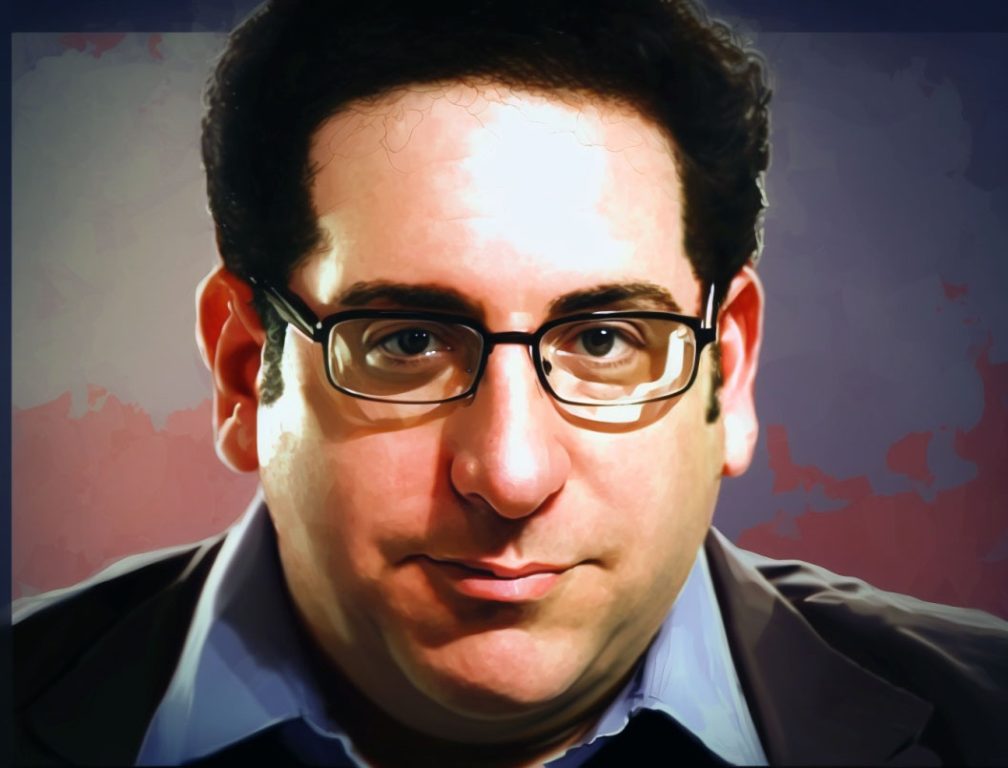Martin Hellman is a renowned American cryptologist. Born in October 1945, he is best known for his work in inventing public key cryptography in collaboration with Whitfield Diffie. His invention is used in securing financial transactions online, making digital signatures possible, and ensuring data privacy. Hellman’s notable achievements include the Turing Award in 2015 and an induction to the National Inventors Hall of Fame in 2011. His noteworthy contributions extend to advocating for computer privacy rights and encouraging ethical uses of technology. Hellman spent most of his career at Stanford University where he still contributes in an emeritus role.
1. Martin Hellman’s Contribution to Cryptography and its Impact on Modern Technology
Martin Hellman, together with Whitfield Diffie, changed the landscape of digital communication through their invention of public key cryptography. This revolutionary system enables secure online transactions by using two keys – a public key for encryption and a private key for decryption. It was a game-changer in the realm of digital security, providing a solution to the problem of key distribution.

Stay One Step Ahead of Cyber Threats
Moreover, their invention is fundamental to the implementation of digital signatures. Digital signatures confirm the integrity of digital messages or documents, ensuring that they haven’t been tampered with during transmission. It establishes a layer of credibility and security, which is particularly crucial in the areas of finance and legal matters.
Their work on cryptography also set the foundation for secure internet communications and data privacy, significantly impacting e-commerce, email communications, and cloud storage among others. It underscores the importance of Hellman’s contribution to the world, solidifying his position as a pillar in the evolution of modern technology.
2. Honors and Awards Received by Martin Hellman: Recognizing his achievements
Martin Hellman’s significant contributions to the field of cryptography have earned him much recognition and a number of prestigious accolades. One of the most noteworthy is the Turing Award, which he shared with Whitfield Diffie in 2015. Often referred to as the “Nobel Prize of Computing”, the Turing Award lauded them for their fundamental work in cryptography and data security.
In addition to the Turing Award, Hellman was inducted into the National Inventors Hall of Fame in 2011. This honor acknowledges inventors whose work has left a tangible impact on quality of life, economic development, and the welfare of society. His inclusion in this elite group underscores the significance of his inventions in cryptography and public key systems.
Hellman has also received several other honors over his prestigious career. For instance, he became a fellow of the Institute of Electrical and Electronics Engineers (IEEE) and also received their Richard W. Hamming Medal in recognition of his exceptional contributions to information sciences, systems, and technology.
3. Martin Hellman’s Role in Advocacy: His stance on tech ethics and computer privacy rights
Martin Hellman’s work extends beyond academia and invention. He is passionately involved in issues of tech ethics and advocates for the responsible use of technology. Hellman is an outspoken critic of unchecked technological development without due consideration of potential risks and societal impacts. He is known to call for a balance between national security interests and individual privacy rights, especially in the digital realm.
Hellman has also emphasized the ethical responsibilities of scientists and the role they play in influencing policy. He has written extensively about the potential dangers of nuclear weapons, calling on his fellow scientists to consider the moral implications of their work. His advocacy work pushes the boundaries of conventional thought, encouraging a measured and ethical approach to technological and scientific advancements.
A significant aspect of Hellman’s advocacy is his commitment to nurturing open dialogues about sensitive issues. He views communication as a critical tool in bridging differences and fostering understanding. This is seen through his contribution to the DEEP (Dialogue for Ethical Education and Peace) project, an initiative designed to encourage conflict resolution and peaceful engagement between disparate groups.
Conclusion
Martin Hellman is a luminary in the field of cryptography, whose inventions have had a lasting impact on digital communication and security. Beyond his groundbreaking work, Hellman demonstrates a determined commitment to ethical considerations in technology use, leveraging his influence to advocate for computer privacy rights and the responsible advancement of scientific innovation.
Key Takeaways
- Martin Hellman’s core contribution to cryptography, public key cryptography, has significantly influenced modern technologies and digital communication.
- He has been recognized for his contributions with several prestigious awards, including the Turing Award and induction into the National Inventors Hall of Fame.
- Hellman is not just a scholar and inventor, but also an advocate for ethical use of technology and computer privacy rights.
- Part of his advocacy work involves promoting open dialogues about sensitive issues and the ethical responsibilities of scientists.
- Beyond cryptography, Hellman’s work has also influenced modern perspectives on the interface of technology, ethics, and privacy.
Related Questions
1. How did Martin Hellman’s invention revolutionize digital security?
Hellman’s invention of public key cryptography, jointly with Whitfield Diffie, introduced a secure method of key distribution. It opened doors for secure online transactions, made digital signatures possible, and ushered in a new era of digital security and data privacy.
2. What are some of the honors that Martin Hellman has received throughout his career?
Some of the most notable accolades Hellman has received include the Turing Award, induction into the National Inventors Hall of Fame, and the Richard W. Hamming Medal from the Institute of Electrical and Electronics Engineers (IEEE).
3. What is Hellman’s stance on ethical use of technology?
Hellman firmly believes in the responsible use of technology. He emphasizes a balance between national security and individual privacy rights and advocates for scientists to consider the moral implications of their work.
4. What advocacy work does Hellman contribute to outside of his work on cryptography?
Outside his work on cryptography, Hellman contributes to DEEP (Dialogue for Ethical Education and Peace), an initiative to encourage conflict resolution and peaceful engagement. He has also written about the potential dangers of nuclear weapons, stressing the importance of ethical considerations in scientific advancements.
5. How has Hellman’s work influenced the digital age?
Hellman’s work has fundamentally impacted how modern technologies approach data security. Beyond this, his passionate advocacy in tech ethics and computer privacy rights set his influence even wider, shaping modern perspectives on the interface of technology, privacy, and ethics.
"Amateurs hack systems, professionals hack people."
-- Bruce Schneier, a renown computer security professional






